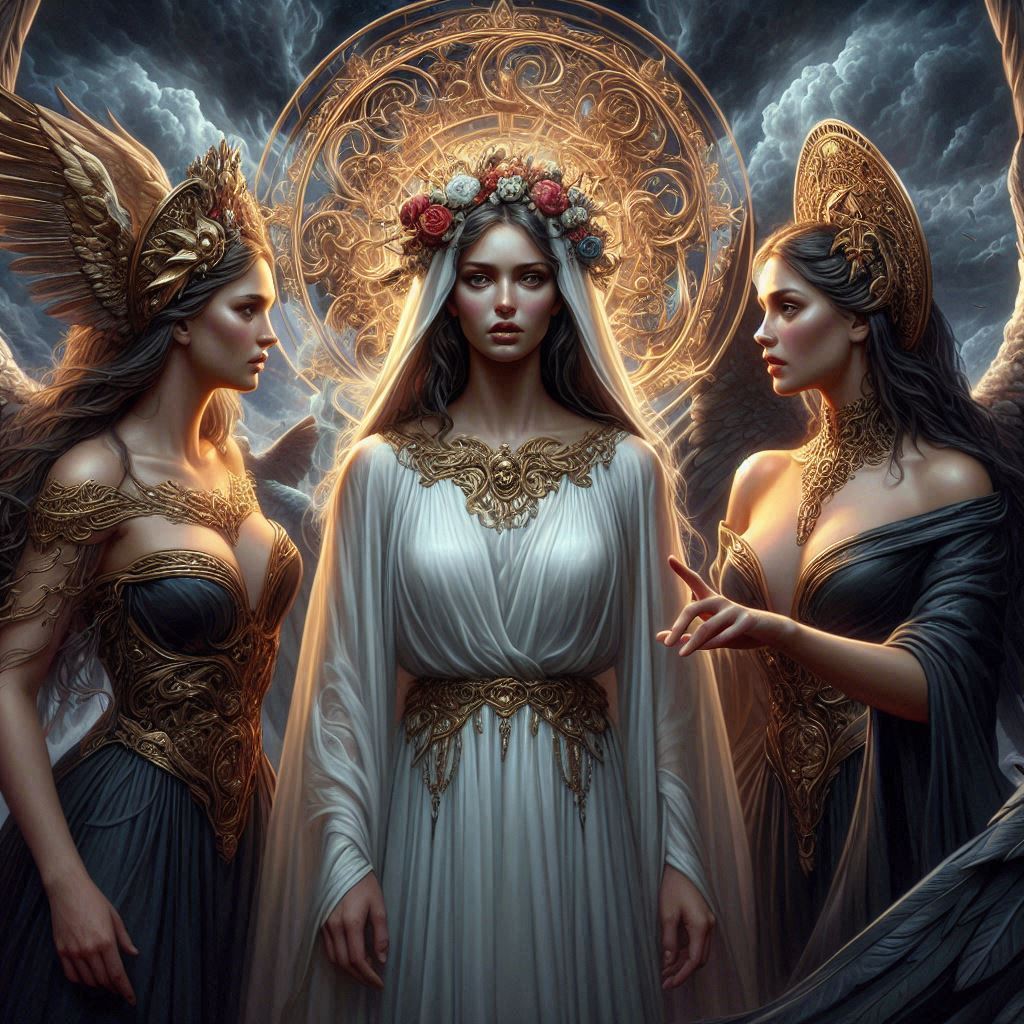Table of Contents
What Are Gen Z Tastes in Literature?
What Are Gen Z Tastes in Literature? The preferences of Generation Z (Gen Z), those born roughly between 1997 and 2012, reflect their unique position as digital natives living in a world increasingly shaped by social, political, and environmental complexities. Their tastes in literature are a vibrant tapestry woven from diverse influences, including the rise of social media, globalization, and a focus on authenticity and inclusivity. This essay explores the defining characteristics of Gen Z’s literary preferences and the forces shaping them.

1. Diversity and Representation
One of the most significant hallmarks of Gen Z literature is the emphasis on diversity and representation. Gen Z readers demand stories that reflect the multifaceted identities and experiences of a globalized world. They actively seek out works by authors of different racial, cultural, gender, and sexual identities. Novels like The Hate U Give by Angie Thomas, which addresses systemic racism and police brutality, resonate deeply with Gen Z. Similarly, works like Felix Ever After by Kacen Callender, featuring queer protagonists, highlight the generation’s hunger for authentic portrayals of marginalized communities.
This interest extends beyond representation for its own sake; Gen Z values nuanced, intersectional portrayals that go beyond tokenism. Literature that delves into the complexities of identity, such as Crying in H Mart by Michelle Zauner, offers emotional depth and authenticity, aligning with Gen Z’s desire to see the full humanity of diverse characters.
2. Preference for Socially Conscious Themes
Social justice is a central concern for Gen Z, and this is reflected in their literary choices. They are drawn to books that tackle pressing societal issues such as climate change, mental health, gender equality, and systemic oppression. Cli-fi (climate fiction) is a particularly popular genre among this cohort, with works like The Overstory by Richard Powers and Parable of the Sower by Octavia Butler garnering attention for their exploration of environmental collapse and humanity’s response.
Mental health, another crucial topic for Gen Z, features prominently in their literary preferences. Novels like Turtles All the Way Down by John Green and It’s Kind of a Funny Story by Ned Vizzini resonate because they provide raw, relatable depictions of mental illness. These stories not only validate the struggles of Gen Z readers but also foster a sense of solidarity and understanding.
3. A Blend of Genres and Formats
Gen Z exhibits a remarkable fluidity in their literary tastes, embracing hybrid genres and innovative formats. The rise of YA dystopian and fantasy novels, such as The Hunger Games by Suzanne Collins and Six of Crows by Leigh Bardugo, reflects their appetite for escapism that simultaneously grapples with real-world issues like authoritarianism and inequality.
Graphic novels, webtoons, and audiobooks have also surged in popularity, catering to Gen Z’s preference for accessible and visually engaging storytelling. Books like Heartstopper by Alice Oseman have found success both as graphic novels and streaming adaptations, highlighting the generation’s embrace of multimedia storytelling.
Additionally, poetry has experienced a revival among Gen Z, driven by social media platforms like Instagram and TikTok. Poets like Rupi Kaur and Amanda Gorman have captivated young audiences with works that are both emotionally resonant and shareable in digital formats. The succinct, impactful style of these poets aligns with Gen Z’s digital communication habits.
4. Emphasis on Authenticity and Relatability
Gen Z craves authenticity in storytelling. They gravitate toward characters and narratives that reflect their own struggles and aspirations, such as navigating identity, relationships, and the challenges of a rapidly changing world. Books like Normal People by Sally Rooney and We Were Liars by E. Lockhart appeal to Gen Z readers because of their unflinching exploration of vulnerability and the human condition.
Moreover, Gen Z values flawed, multifaceted protagonists over idealized heroes. Antiheroes and morally ambiguous characters often take center stage in their favorite stories, reflecting a broader cultural shift toward questioning traditional notions of good and evil.
5. The Role of Social Media in Literary Trends
Social media platforms have a profound influence on Gen Z’s literary tastes. BookTok, the literary community on TikTok, has become a powerful force in shaping the publishing industry. Books like A Court of Thorns and Roses by Sarah J. Maas and They Both Die at the End by Adam Silvera have experienced meteoric rises in popularity thanks to viral recommendations and discussions on TikTok.
This digital ecosystem fosters a sense of community among readers, allowing them to share their interpretations, critiques, and fan creations. As a result, Gen Z’s literary tastes are increasingly shaped by peer-driven trends rather than traditional gatekeepers like critics or awards committees.
6. The Impact of a Digital-First World
Growing up in a world dominated by technology, Gen Z is accustomed to rapid access to information and entertainment. This has influenced their preference for fast-paced, immersive narratives that immediately capture their attention. However, it has also led to an appreciation for introspective, slower-paced works that provide a reprieve from the constant barrage of digital stimuli.
Moreover, the digital age has enabled greater accessibility to global literature. Gen Z readers are more likely than previous generations to explore works translated from other languages, broadening their literary horizons and fostering cross-cultural understanding.
Conclusion
Gen Z’s tastes in literature are as dynamic and diverse as the generation itself. Their preferences reflect a deep engagement with the social, political, and environmental issues of their time, as well as a desire for authenticity, representation, and innovation in storytelling. By embracing diverse voices, socially conscious themes, and experimental formats, Gen Z is reshaping the literary landscape, ensuring that literature remains a vital medium for understanding and addressing the complexities of the human experience. As this generation continues to mature, their literary preferences will undoubtedly evolve, but their commitment to inclusivity, authenticity, and meaningful narratives will likely remain steadfast.


No responses yet